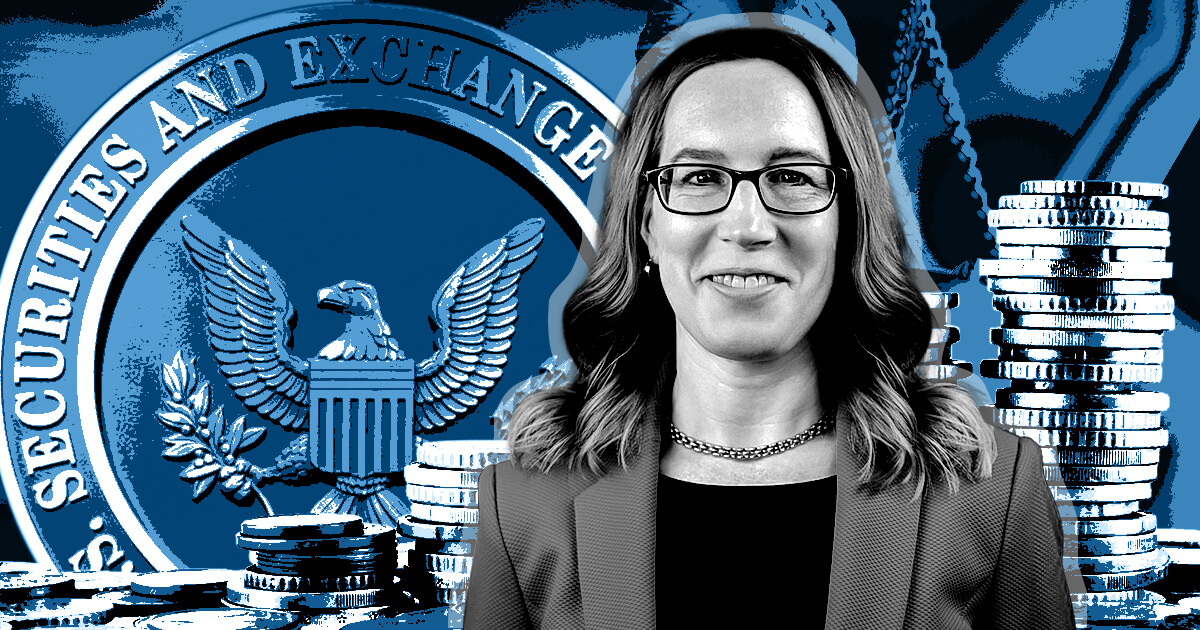
Hester Peirce, commissioner of the U.S. Securities and Exchange Commission (SEC), disagreed with the agency’s case against LBRY on October 27.
LBRY Inc., the company behind the LBRY blockchain and content-sharing network, announced on October 19 that it would not appeal its loss in the case, marking a formal end to the proceedings. Instead, the company will close and go into receivership to pay millions of dollars in debt to various parties, including the SEC.
Peirce questioned the value of this outcome, writing:
“Are investors and the market really better off after the Commission’s lawsuit contributed to the demise of a company that built a functioning blockchain with a real application on it?”
She added that the case “illustrates the arbitrariness and real-life consequences” of the SEC’s regulatory enforcement approach to the crypto sector.
Importantly, Peirce emphasized that the SEC did not allege that LBRY committed fraud. She noted that unlike many other projects, LBRY did not deliver on its promises. Instead, Peirce said, the project had a functional blockchain through most of its token sales, and the content-sharing platform was not only operational but also popular.
Peirce added that the SEC took an “extremely harsh” approach: it sought $44 million in fines, demanded that LBRY burn all tokens in its possession and said these remedies alone would not guarantee that LBRY would not violate registration rules in the future . The agency ultimately reduced its penalty request to $111,614, she noted.
Peirce criticizes the entire SEC approach
Peirce also pushed back against her agency’s broader position on regulation, stating:
“The application of securities laws to token projects is not clear, despite the Commission’s continued protests to the contrary. There is no path for a company like LBRY to come in and register its functional token offering.”
Peirce added that the SEC’s “scorched earth” tactics in the case at hand were disproportionate compared to the potential harm investors could face. She said the time and resources her agency spent on the LBRY case could have instead been spent creating a regulatory framework that projects had to comply with. She warned that the SEC’s severe response will prevent future blockchain experiments.
Still, she noted that the judge did not rule on the security status of the LBRY token itself (LBC) or on the secondary sale of LBRY, which could potentially allow the blockchain to continue.
Peirce added that she was against the case from the beginning, but that she could not comment on the case because it was pending.

